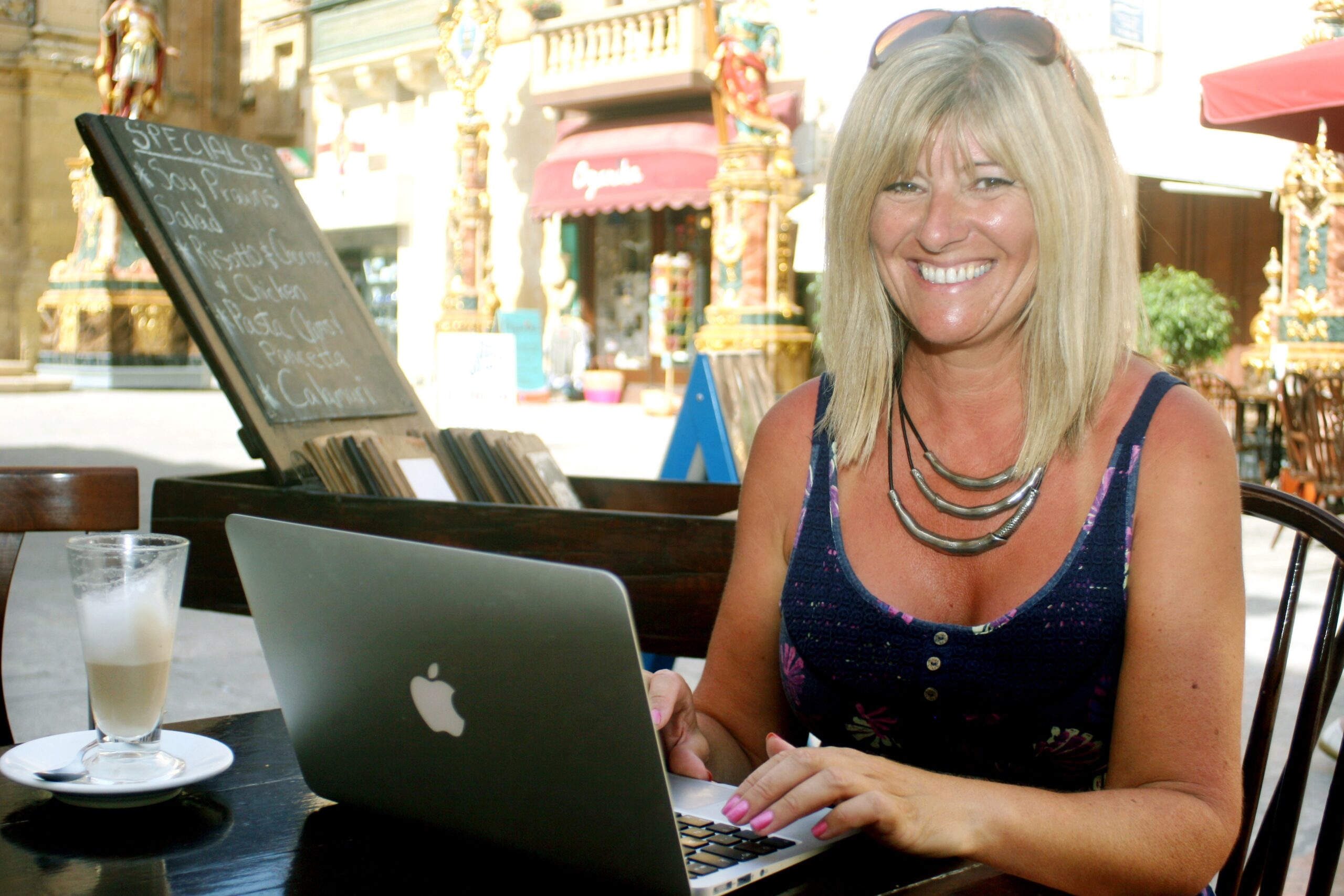
Distorted Thinking Series Part 1 : Cognitive Biases
Author – Emma Triplett
This week kicks off a new series of posts centred around the subject of distorted thinking. Anxiety and depression disorders can develop from various forms of distorted thinking and once these conditions have taken root, they encourage yet more abnormal thoughts. Relationship problems and anger issues also get caught up in their fair share of altered or misaligned perceptions leading to yet more stress and emotional discomfort. So over the coming weeks we’re going to take a closer look at the different forms of distorted thinking we commonly encounter and what we can do about it.
Psychologists have a term – Cognitive Bias which translates as prejudice thinking (cognitive meaning ‘thinking’ and bias meaning ‘prejudice’) and describes a very human trait that we all have. Whether you know it or not and, indeed, whether you like it or not, to be human is to have prejudiced thoughts. The actual definition of cognitive bias is “a systematic pattern of deviation from norm or rationality in judgment” so, if all humans are subject to cognitive bias, it would suggest that we are all irrational would it not?
Well, yes and no! We all like to believe that we think rationally and base judgements on sound information and facts, however, in reality this is often not the case.
Take reading your horoscope as an example, I’m sure everyone has done this (an example of a bias called the ‘false consensus effect’) – have you read your horoscope and, if it describes personality attributes that you perceive as positive or it predicts a wonderful event that is going to happen for you in the next two weeks, you believe it must be true, however, if it foretells doom and gloom and negative traits, it’s a load of old rubbish? (or perhaps the other way around if you have depression – see below). You know rationally that it is not based on fact but you irrationally decide to believe the information presented to you based on it being nice.
To give you a taste of the type of subjects we’re going to be discussing over the coming week and to put this irrational thinking in a little bit of context, consider these:-
Confirmation Bias – “the tendency to search for, interpret, favour, and recall information in a way that confirms one’s preexisting beliefs”
Even scientists need procedures in place to safeguard against their own confirmation bias. Our ‘go to’ database (our brain, not google), holds a lifetime of learning, experience and memories, it will retain information you don’t even remember consuming, but the moment you need to back up your own belief, you mind will search for and find whatever it is you need to justify. It can be anything from ‘eating butter is healthy’ to ‘I’ll never get out of my financial situation’.
Expanding on that latter example, behavioural confirmation is another form of cognitive bias, also knows as a self fulfilling prophecy. This describes how someone’s actions align with a pre-existing belief, effectively causing the belief to come true, for example, if someone believes they will never get that promotion they want, their actions will manifest in such a way that they don’t put in the effort needed or fail to project the attitude or body language of someone deserving of the promotion and therefore, they were correct, they don’t get the promotion.
Common in people with depression is Pessimism bias which is the tendency for some people to overestimate the likelihood of negative things happening to them and there there is Hostile attribution bias which people with both anxiety and depression tend to adopt and is the tendency to interpret others’ behaviours as having hostile intent, even when the behaviour is ambiguous or benign.
But why is this important?
If life has become like ‘swimming through treacle’ or you struggle to maintain relationships, you find yourself in conflicts frequently, you suffer from anxiety or depression disorders or things just don’t seem to go your way, awareness is the key and self development is the treasure you unlock.
Being able to pull yourself back from a cognitive bias and realign with fact and rational reasoning may just unlock a future quite difference from the reality you’re experiencing right now.
If you have an inspiring story or something to share that you think will help others wrestling with anxiety or depression, I would love to hear from you. If you have found in particular strategy helpful, chances are that someone else will also benefit, spread the word, share the love and help the fight back against the epidemic of anxiety and depression spreading across the western world.
Wishing you health, wealth, happiness and success


More Articles to help anxiety and depression
Arrange a Free Initial Consultation in Cirencester, Exeter, Plymouth, Swindon or by Skype
Shop for online courses, eBooks and Self Hypnosis Tracks to help anxiety and depression
The Secret Ingredient of Happiness
So many questions surround how to obtain ‘happiness’ it’s no wonder the state of being we call ‘happy’ remains elusive for some, but happy is something everyone can become regardless of the events or circumstances in you life, past, present or future when you understand this one secret ingredient and how to produce it.
Split personalities – do we all have them and which one should we listen to?
Do you ever feel like you’re having an argument with yourself in your own head? Or you’re behaving in a way that just isn’t you and you don’t understand why? Maybe it’s because you do have two different parts of your brain wrestling for control, just like the metaphorical Angel on one shoulder and the devil on the other you see in cartoons.
Are you your own worst enemy?
Lets suppose there was someone in your life that you would call an enemy, how do you think they would behave? I expect it’s not very nice, not the behaviour of someone you would want in your life and you certainly wouldn’t call them a friend, would you? But are you doing these unkind things to yourself? Do you realise you’re doing it? Or perhaps most importantly of all, do you realise that you don’t have to and that you can change your thought processes?
When is the perfect time to get help for mental and emotional disorders?
When is the perfect time to get help? It might seem obvious – when you need it! But for people suffering form anxiety, depression or anger disorders it is not quite that straightforward. The part of the brain that has taken control when these disorders are present does not act in a ration logical way, it will encourage you to do the same thing you did yesterday because, after all, you survived and getting help is stepping out of this pattern.
An Experiment to test the power of your mind
Your imagination is controlling your every day life, it could be helping you to a fulfilled life of happiness, success, wellbeing or you could be doing yourself damage physically and mentally. Do these experiment to discover how powerful your mind is and the effect is can have on your instantly.
Twelve Depression Days of Christmas
How do you cope at Christmas? It is the toughest time of year if you have anxiety or depression. Here are our 12 days of Christmas practical coping techniques that will see you through the season and into the New Year.
Disclaimer | Privacy Policy | Terms and Conditions
Copyright © OLD TOWN HYPNOTHERAPY 2016 All Rights Reserved








I liked the one about cognitive bias. When escaping a covert narcissist the worst part of all was the cognitive dissonance. Distinguishing between fantasy and reality is very hard to accept and maintain but eventually it will dissipate you just have to train your brain.
Thank you, Katie. ♥️